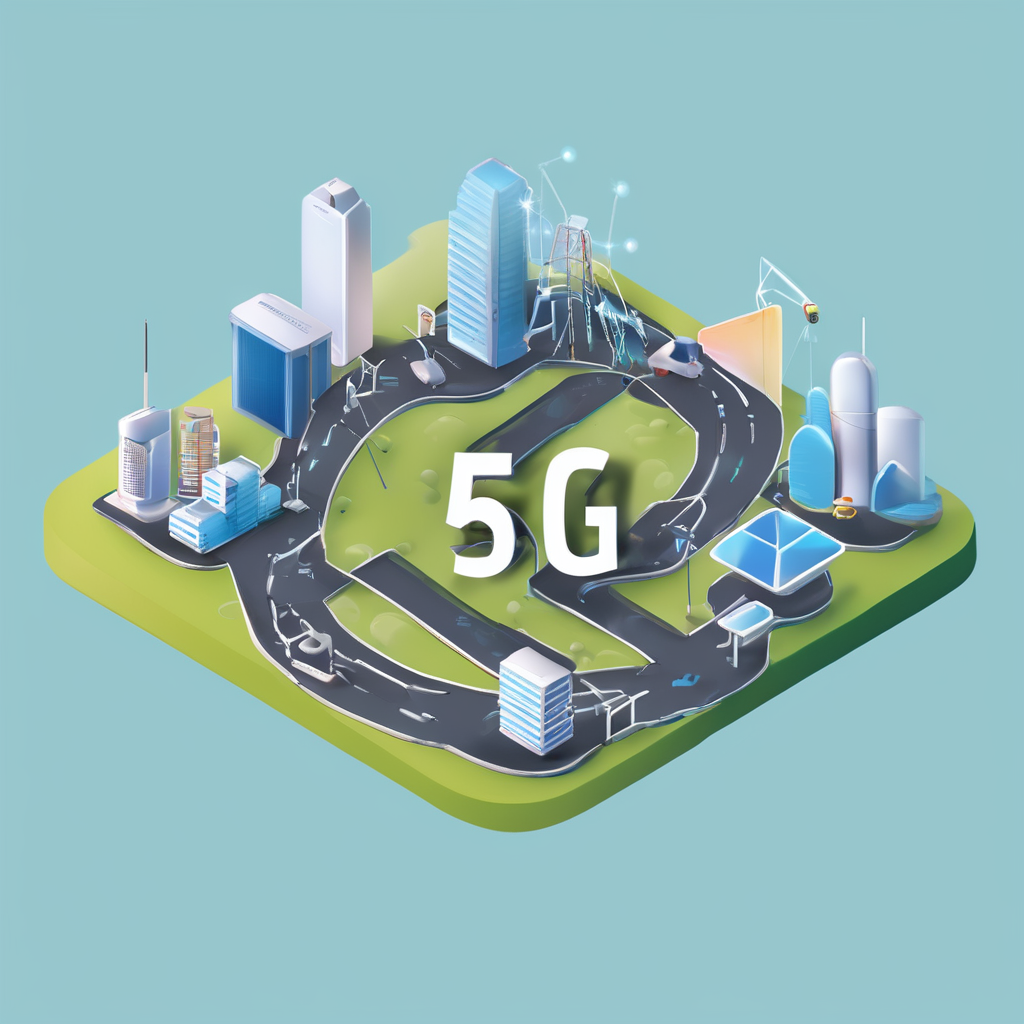Innovative Approaches to Smart Technology Integration in UK Homes
Smart technology adoption in UK homes is evolving rapidly, driven by a desire for both convenience and efficiency. Among the latest trends, innovative smart home ideas focus on energy management, security, and customizable automation that fit today’s dynamic lifestyles. For example, integrating voice-controlled assistants with heating and lighting systems enables residents to effortlessly control their environment, enhancing comfort while reducing energy consumption.
Seamless user experience is paramount in successful UK smart technology integration. Modern systems use centralized apps that connect multiple devices, from smart thermostats to security cameras, allowing users to monitor and manage their homes in real-time. This interconnectedness epitomizes creative smart living solutions, where technology anticipates the occupant’s needs, like adjusting heating based on occupancy patterns or alerting homeowners about unusual activity.
In the same genre : How can you design a pet-friendly UK home?
Tailoring these solutions to the diverse layouts of UK homes requires flexibility. Older properties often present challenges such as thick walls or outdated wiring, which innovative smart home ideas address through wireless devices and adaptable hubs. Additionally, designers consider typical UK living spaces by prioritizing compact, multi-functional devices that complement smaller rooms without clutter. This approach ensures that smart technology enhances rather than disrupts the unique character of UK residences, solidifying the appeal of creative smart living solutions tailored to regional requirements.
Advanced Smart Home Devices Popular in the UK
Smart homes in the UK increasingly rely on advanced technologies that enhance convenience, efficiency, and security. Among the popular smart tech products are energy-efficient lighting systems designed specifically for British smart homes. These systems not only allow remote control via smartphones but also adapt to daily routines to optimize electricity usage, leading to cost savings and environmental benefits.
In parallel : What are the most effective ways to improve energy efficiency in UK homes?
Heating and climate control devices hold great importance in UK smart homes, given the variable weather. UK smart devices such as thermostats from Hive or British Gas integrate seamlessly with home infrastructure, automatically adjusting temperatures based on occupancy and time of day. This energy-efficient heating contributes significantly to reducing household energy consumption while maintaining comfort.
Security remains paramount for British smart homes, with smart security systems featuring real-time video monitoring, motion detection, and alerts accessible on mobile devices. Personal safety technologies, including smart doorbells and smart locks, are widely adopted in the UK because they offer peace of mind and convenience by enabling remote access control and communication with visitors.
Integration with UK-based services enhances the functionality of these smart devices. Platforms like Alexa complement Hive and British Gas ecosystems, allowing users to centrally control lighting, heating, and security through voice commands or dedicated applications. This interoperability creates a cohesive smart home environment tailored to UK consumers’ preferences and lifestyle.
By focusing on energy efficiency, security, and seamless integration with local services, these advanced smart home devices are shaping the future of UK smart homes and setting the standard for comfort and safety in British residences.
Cutting-Edge Solutions for Maximising Energy Efficiency
Smart energy efficiency technologies are revolutionizing how households in the UK reduce energy consumption. Smart thermostats play a crucial role by learning user routines and adjusting heating schedules accordingly. This not only lowers unnecessary heating costs but also contributes significantly to sustainable homes. By controlling appliances remotely, homeowners gain more precise control over energy use, ensuring devices operate only when needed.
Advanced smart meters provide real-time energy monitoring aligned with UK energy-saving tech standards. These meters deliver instant feedback, helping users identify high consumption periods and adapt their behaviors promptly. Integrating automated shading and lighting systems further enhances efficiency by optimizing natural light and heat during different times of the day, decreasing reliance on artificial lighting and electrical heating.
Together, these innovations form a comprehensive framework for sustainable homes, enabling residents to actively manage their energy footprint while benefiting from cost savings and improved environmental responsibility.
Enhancing Convenience and Lifestyle with Smart Tech
Smart tech transforms everyday living through home automation, making routines simpler and more efficient. In the UK, connected living has grown popular, with many households integrating voice assistants and centralised control hubs. These devices serve as command centres, allowing users to control lighting, heating, security, and entertainment systems using simple voice commands or smartphone apps. This not only enhances convenience but also creates a seamless living environment.
Kitchens and bathrooms benefit significantly from smart technology advancements. Smart kitchens offer appliances that learn user preferences, adjust cooking times, and notify when supplies are low. Similarly, smart bathrooms integrate features such as automated lighting, temperature control, and personalised settings, providing both luxury and utility.
Entertainment systems become more immersive and user-friendly through automation. Users can centralise control for movies, music, and gaming, creating tailored experiences easily accessed via voice or app.
Customised routines amplify convenience by automating daily tasks. For example, a morning routine could trigger lights, play news, and brew coffee simultaneously. Evening routines might dim lights, lock doors, and lower thermostats automatically. These personalised automations enable a lifestyle where technology works thoughtfully to save time and reduce effort, truly embodying the benefits of smart convenience and connected living UK.
Implementation Tips and Best Practices for UK Residences
When considering smart home installation UK, it is essential to choose technology that aligns with local infrastructure and complies with UK regulations. Power standards, Wi-Fi frequencies, and data privacy laws vary, so selecting devices explicitly designed or certified for the UK market ensures seamless operation and legal compliance.
Planning for the future helps maintain your system’s effectiveness. Focus on scalability by integrating platforms that support updates and new device additions without complicated overhauls. This approach allows for smooth upgrades as smart home technology evolves, preserving your initial investment.
Reliable connectivity is the backbone of any smart home. Prioritize devices compatible with prevalent UK broadband providers and ensure your home network has sufficient range and speed. Additionally, strong security measures must be implemented, from encrypted communication to robust authentication, to protect your personal data and prevent unauthorized access within UK smart home compatibility standards.
Adopting these setup tips promotes a balanced, efficient, and secure smart environment tailored to UK residences, enhancing daily living while anticipating technological advances.
Emerging UK Smart Home Trends and Local Considerations
In the UK, smart home trends are evolving rapidly, driven by a surge in local tech startups focused on innovative solutions tailored to British lifestyles. This growth is fostering new products that seamlessly blend into domestic settings, emphasizing user-friendly interfaces and energy efficiency.
Local tech regulations play a crucial role in shaping the development and adoption of smart technology. The UK enforces strict data protection policies and standards to ensure user privacy, influencing how smart devices handle personal information. Additionally, compliance with British safety and wireless communication regulations ensures that smart home gadgets are reliable and secure for consumers.
Another important aspect is the ecosystem compatibility of smart devices with local community and environmental systems. The UK market increasingly values integration with eco-friendly technologies, such as smart energy meters and renewable energy management. Devices compatible with local grids or community energy projects allow homeowners not only to monitor consumption but also to participate in sustainability initiatives. This compatibility reflects a broader trend toward community-centric smart living, where technology supports both individual convenience and collective environmental responsibility.





